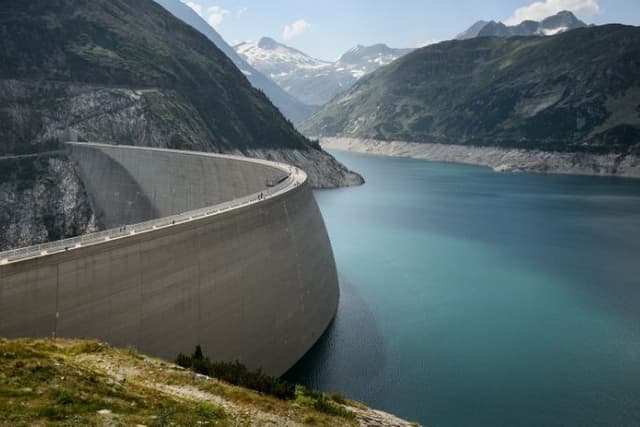
Hydro Tasmania - NAPLAN Language Revision Practice
Lesson3 of 9 in this unit
SecondaryYear 7 - 8EnglishEnvironmentalEnergyLand ManagementSustainabilityEconomicIndustry, Innovation and InfrastructureTechnology
Summary
Lesson Guides and Printables
Lesson Plan

Teacher Content Info
